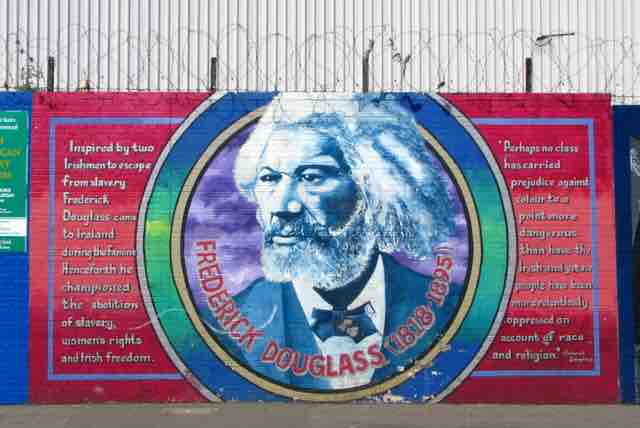Background
The rights of the accused, include the right to a fair trial; due process; the right to seek redress or a legal remedy; and rights of participation in civil society and politics such as freedom of association, the right to assemble, the right to petition, the right of self-defense, and the right to vote.
Currently, in many countries with a democratic system and the rule of law, criminal procedure puts the burden of proof on the prosecution – that is, it is up to the prosecution to prove that the defendant is guilty beyond any reasonable doubt, as opposed to having the defendant prove that s/he is innocent; any doubt is resolved in favor of the defendant. Similarly, all such jurisdictions allow the defendant the right to legal counsel and provide any defendant who cannot afford their own lawyer with a lawyer paid for at the public expense (which is in some countries called a "court-appointed lawyer").
First-generation human rights, often called "blue" rights, deal essentially with liberty and participation in political life. They are fundamentally civil and political in nature, as well as strongly individualistic: They serve negatively to protect the individual from the excesses of the state. First-generation rights include, among other things, freedom of speech, the right to a fair trial, freedom of religion and voting rights.
Civil and political rights form the original and main part of international human rights. They comprise the first portion of the 1948 Universal Declaration of Human Rights (with economic, social and cultural rights comprising the second portion). The theory of three generations of human rights considers this group of rights to be "first-generation rights", and the theory of negative and positive rights considers them to be generally negative rights.

Mural, Falls Road, Belfast.
The mural on the 'International Wall' depicts Frederick Douglass (1815-1895), a former slave who became one of the foremost leaders of the abolitionist movement which fought to end slavery within the United States in the decades prior to the Civil War. Douglass later served as an adviser to President Abraham Lincoln during the Civil War and fought for the adoption of constitutional amendments that guaranteed voting rights and other civil liberties for blacks. He is still revered today for his contributions against racial injustice.
Civil and political rights are not codified to be protected, although most democracies worldwide do have formal written guarantees of civil and political rights. Civil rights are considered to be natural rights. Thomas Jefferson wrote in his 1774 A Summary View of the Rights of British America "a free people claim their rights as derived from the laws of nature, and not as the gift of their chief magistrate. "
United States Criminal Procedure
United States criminal procedure derives from several sources of law: the baseline protections of the United States Constitution, federal and state statutes, federal and state rules of criminal procedure (such as the Federal Rules of Criminal Procedure), and state and federal case law either interpreting the foregoing or deriving from inherent judicial supervisory authority.
The United States Constitution, including the United States Bill of Rights and subsequent amendments, contains provisions regarding criminal procedure. Due to the incorporation of the Bill of Rights, all of these provisions apply equally to criminal proceedings in state courts, with the exception of the Grand Jury Clause of the Fifth Amendment, the Vicinage Clause of the Sixth Amendment, and (maybe) the Excessive Bail Clause of the Eighth Amendment.